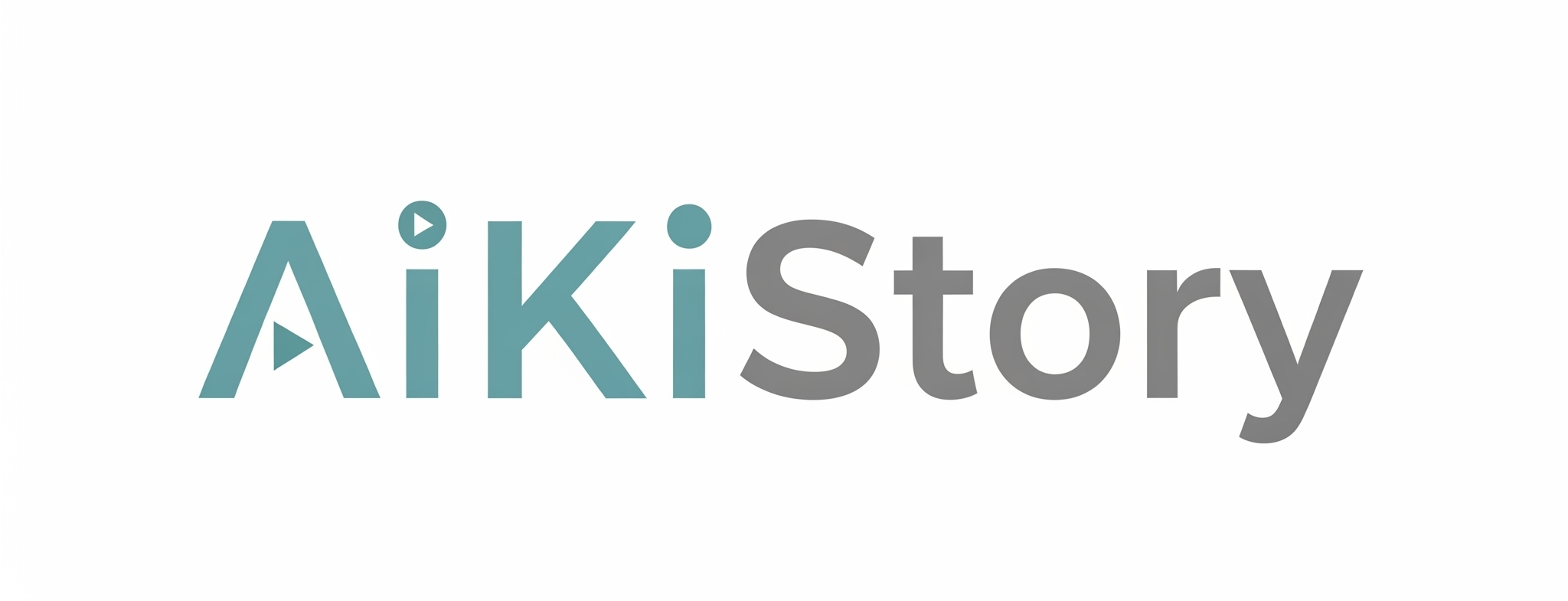
Introduction
AI ethics is one of the most important conversations in technology today. Artificial Intelligence is no longer confined to labs or futuristic movies—it’s here, influencing daily life, from hiring and healthcare to financial systems and law enforcement. But with great power comes great responsibility. Without proper ethical guidelines, AI risks reinforcing bias, violating privacy, and producing unfair results.
This article explores why AI ethics is essential, the challenges it faces, and how responsible AI can shape a fairer, more trustworthy future.
The Importance of AI Ethics
Artificial Intelligence can save time, improve decision-making, and unlock creativity. However, when designed without responsibility, it can also harm individuals and communities.
For instance, AI-powered hiring tools have sometimes excluded qualified candidates because of biased data. Predictive policing systems, trained on historical arrest records, have unfairly targeted certain neighborhoods. These outcomes highlight why AI ethics is not only a technical concern but also a social one.
Ethical AI ensures:
-
Transparency in decision-making.
-
Fairness across all groups.
-
Alignment with human rights and values.
By addressing ethics early, AI can evolve into a tool that benefits society instead of deepening inequality.
Key Challenges in AI Ethics
Designing ethical AI comes with hurdles that developers, companies, and policymakers must overcome.
1. Bias in AI Systems
AI models learn from data, but if the data contains biases, the AI reflects them. For example, facial recognition technologies have shown lower accuracy for women and people of color. Without correction, such biases can lead to discrimination in areas like job recruitment or credit approval.
2. Accountability
When AI systems make mistakes, who should take responsibility? The developer who coded it, the organization that deployed it, or the AI itself? These “accountability gaps” make regulation and governance essential.
3. Transparency
Many AI systems act like “black boxes,” producing decisions that even experts struggle to explain. In critical areas such as healthcare, finance, or criminal justice, this lack of transparency erodes trust.
Protecting Privacy and Building Trust
AI often requires personal data—health records, financial details, or even browsing history. While this enables personalization, it also raises privacy concerns. People want the benefits of AI but not at the cost of freedom or data security.
To build trust, organizations must:
-
Collect and store data responsibly.
-
Explain how user data is applied.
-
Provide strong encryption and security protections.
-
Allow individuals control over their information.
When transparency and privacy are prioritized, users are more likely to adopt AI tools confidently.
Building AI for Good
The ultimate goal of AI ethics is not just to avoid harm but to design systems that create meaningful impact. Responsible AI should focus on:
-
Fairness: AI should not discriminate based on race, gender, or socioeconomic status.
-
Transparency: Outcomes should be explainable so people understand how decisions are made.
-
Accountability: Clear policies should define responsibility when AI fails.
-
Collaboration: Policymakers, ethicists, engineers, and communities must shape ethical guidelines together.
If done right, ethical AI can:
-
Reduce inequality.
-
Improve healthcare access worldwide.
-
Support education with personalized learning tools.
-
Create more inclusive societies.
External Resources on AI Ethics
For readers who want to explore further, here are three trusted sources on responsible AI:
-
OECD Principles on Artificial Intelligence – https://oecd.ai
-
European Commission – Ethics Guidelines for Trustworthy AI – https://digital-strategy.ec.europa.eu
-
UNESCO Recommendation on the Ethics of AI – https://unesdoc.unesco.org
These resources provide global perspectives on fairness, accountability, and governance in AI.
Conclusion
Artificial Intelligence is shaping the future, but without AI ethics, it could do more harm than good. By addressing issues like bias, privacy, and accountability, we can ensure AI remains a force for progress rather than division.
The responsibility lies not only with developers and companies but also with governments and everyday citizens. Together, we can demand transparency, protect individual rights, and design AI systems that truly benefit humanity.
Ethics is not a barrier to innovation—it is the foundation for trustworthy, fair, and inclusive AI.


